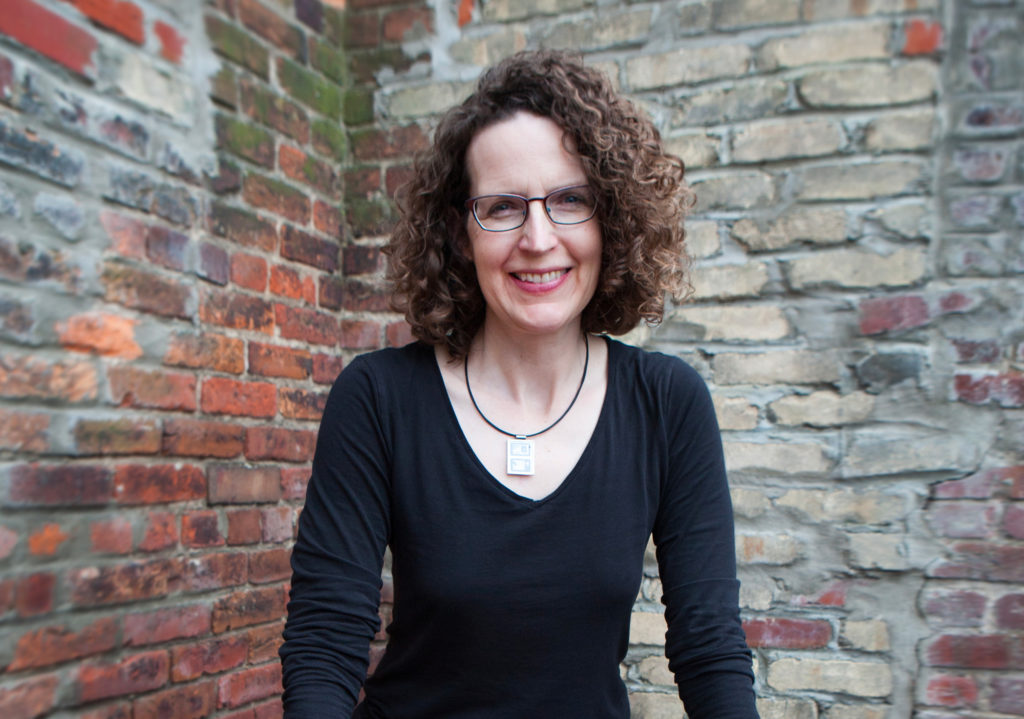There’s a stack of publishers’ catalogs on my desk at work nearly a foot high. There are 5, 645 messages in my mail inbox. My family’s digital photo archives contain about 13,000 pictures–and my kids are only in elementary school. You don’t want to know how many scraps of paper I have on my desk at home, waiting for me to sort through and file or (more likely) recycle them. I have far more ideas for stories, fiction and non, than I’ve made time for yet. The list goes on.
Welcome to my personal version of hyperabundance. It’s been a personal preoccupation lately but also a professional one, as the term has been turning up a lot lately in conversations I have and conferences I go to. Hyperabundance was front and center at the Association of American University Presses conference I covered in June in Salt Lake City, where Michael Jensen, director of strategic web communication for the National Academies Press, led a brainstorming session on hyperabundance and publishing. Scholarly publishers, who specialize in material that has a small target audience to begin with, feel especially vulnerable to hyperabundance these days. If the world is drowning in too much information, your monograph stands even less chance of finding an audience and a market.
I thought about hyperabundance as I was reviewing Nicholas Carr’s The Shallows and William Powers’s Hamlet’s BlackBerry for the Washington Post. (Read the review here.) Both books confront the digital overload a lot of us deal with every time we switch on our computers or power up our iPhones. There’s too much information and chatter out there, the argument goes, and we spend too much time getting distracted by it, which means we’re not spending enough time concentrating on the skills and activities that really matter: deep reading, sustained focus, creative thinking. Partly as a result of Carr’s book, there has been a hyperabundance of commentary about what the internet is doing to our brains.
If you read my Post review, you’ll see that I have some serious reservations about Carr’s argument, how he makes it, and just how much of the world it really applies to. I also think it’s an important conversation to have, especially for those of us who spend a lot of time navigating digital seas of information.
Here’s a proposal. I am not going to recommend that you unplug or de-digitize your life. If you’re feeling overwhelmed by the intellectual and digital clutter, the hyperabundance of commentary about hyperabundance, try thinking of the problem in terms of scarcity, the antimatter to hyperabundance’s matter. Don’t list, as I tend to do, all the things you have too much of (tasks, email, ideas, obligations, articles and stories and blog posts to write and to read). What do you wish you had more of? Is it time, the most precious of mortal commodities? Patience? Readers? Money? Satisfying reads? Books with your name on them? If you have time, let me know what’s underwhelming you–what you don’t have enough of. But I’ll understand if you decide to go read a book instead, even if it’s The Shallows.
Now, if I can just get to Inbox 0.


Jim says
The wisest person that I ever met was my great grandmother. She never claimed to be wise, and I bet she never even wondered if she was. But, thinking back, I realize that Grandma had a few things right.
Mostly, Grandma did the dishes, and the laundry, and made meals. Of course, I knew her only from age 70 to 95, but that is what she did then.
Grandma had a focus, and it was taking care of the people around her. She also had an obvious sense of peace almost all the time. The two may be related.
Applying Grandma’s wisdom in any age is a tricky business. There are troubles now. There were troubles then. Just taking care of the family is not enough because the family is not an isolated world. Takes more than a good stew to ward off fascism or contaminated food or whatever.
Still, it seems to me that hyper abundance, if I understand your term, is about ambition. All the things we could possibly do or learn.
Just do one, and go for a picnic.
JHoward says
Dear Jim,
Thanks for the comment. Sorry to take so long in replying. Your grandmother sounds like she had a good life. The trick, for me, is balancing ambition (however one defines it) and focus.
Jim says
I am interested in your ideas about new institutions to bring scholarly discussions to the public. Important.
Especially when you see our public debate distorted by identity politics. People believe what they want to believe, us v. them, etc.
One idea that I have is that the universities have to define their mission more broadly, and get hands dirty. The broader definition is to educate the public — not just crank out degrees.
And there has to be a social aspect. Probably continuing education programs that become a social focus for people to get together, chat, make a community.
Develop a sense of “us” that anchors commitment to a scholarly approach.
Without it, propaganda (already winning) is likely to win at an accelerated rate over time.